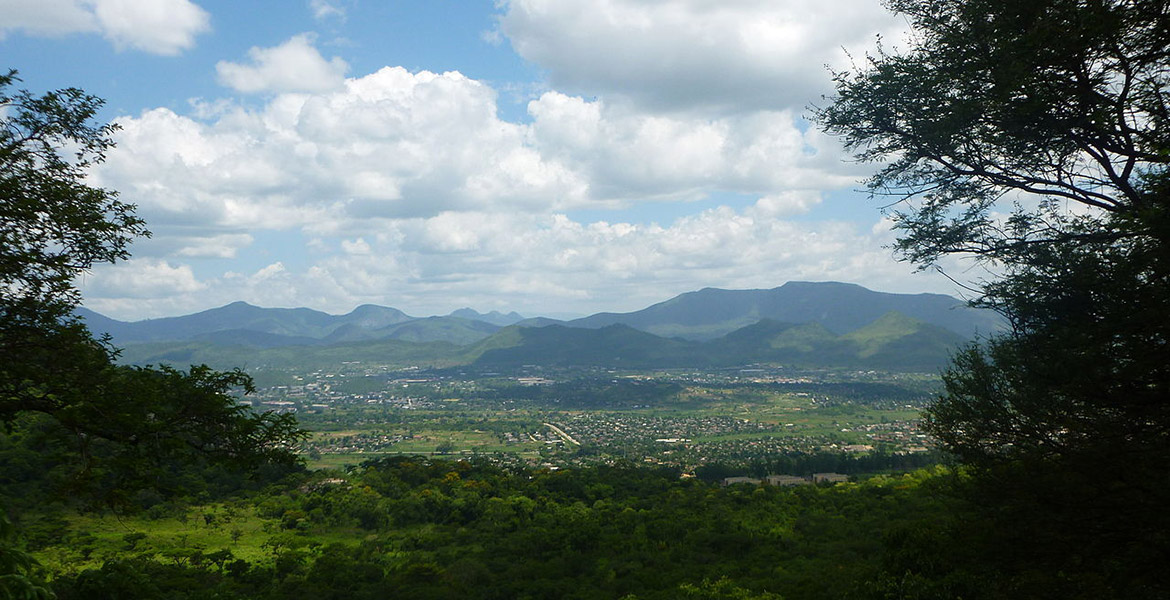Reparations to the descendants of African individuals who were captured on the continent of Africa, enslaved and transported to the Americas during the transatlantic slavery period of the 17th through 19th centuries to serve as the labour necessary to build businesses and create wealth in the Americas and for European nations, must provide sustainable benefits to these descendants, their future generations, as well as to the continent of Africa.
The Reparations for Settlement in Africa Project (RSAP) proposes the use of reparations to allow the beneficiaries, settlement on the African continent through facilitating transportation to Africa, access to land, housing, business pursuit and personal development in Africa. The process is open to all of the beneficiaries of reparations for transatlantic slavery and all member nations of the African Union (AU).


